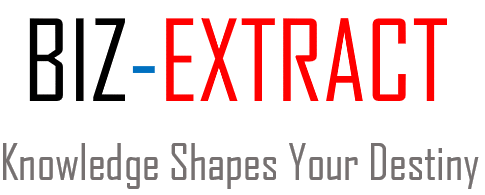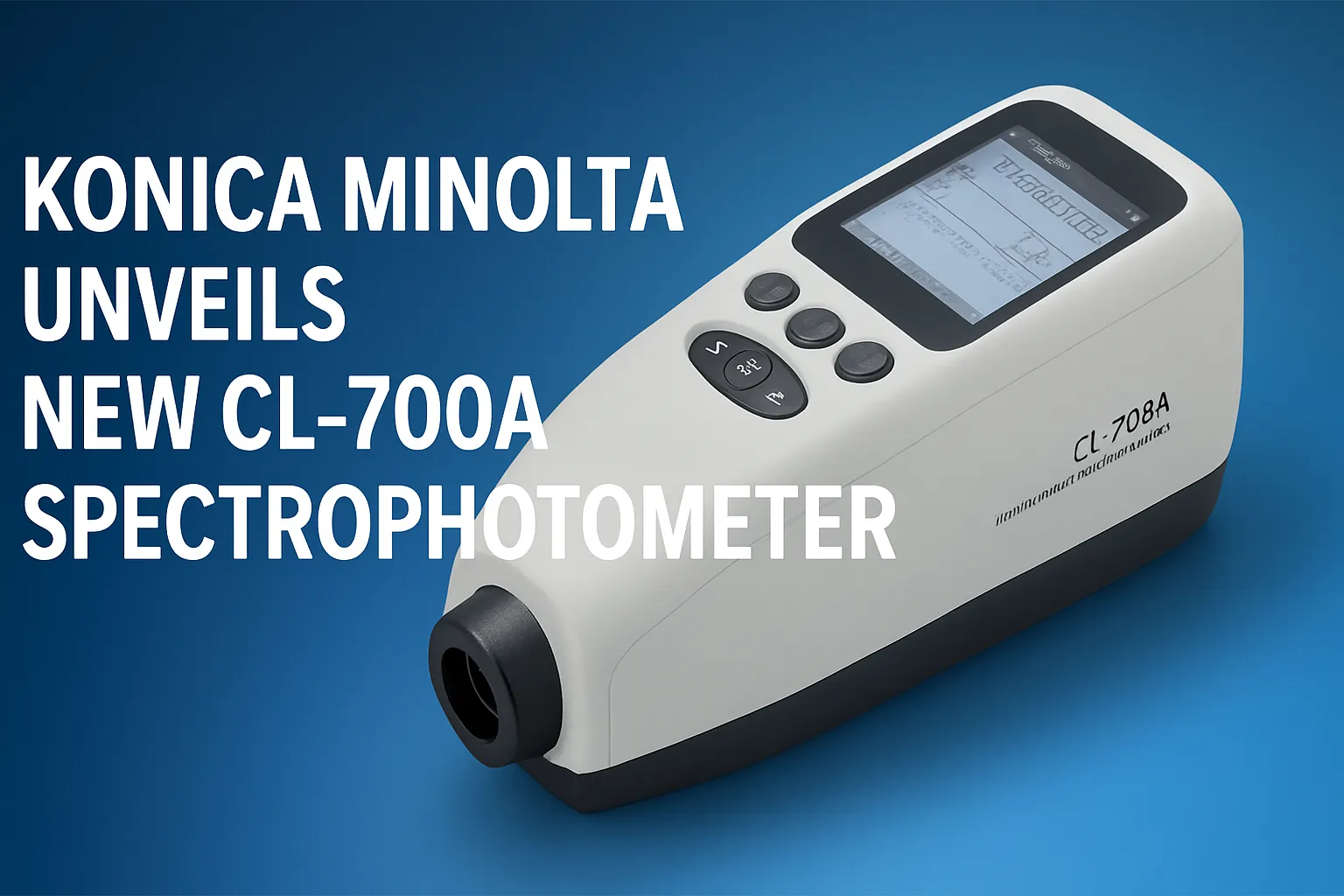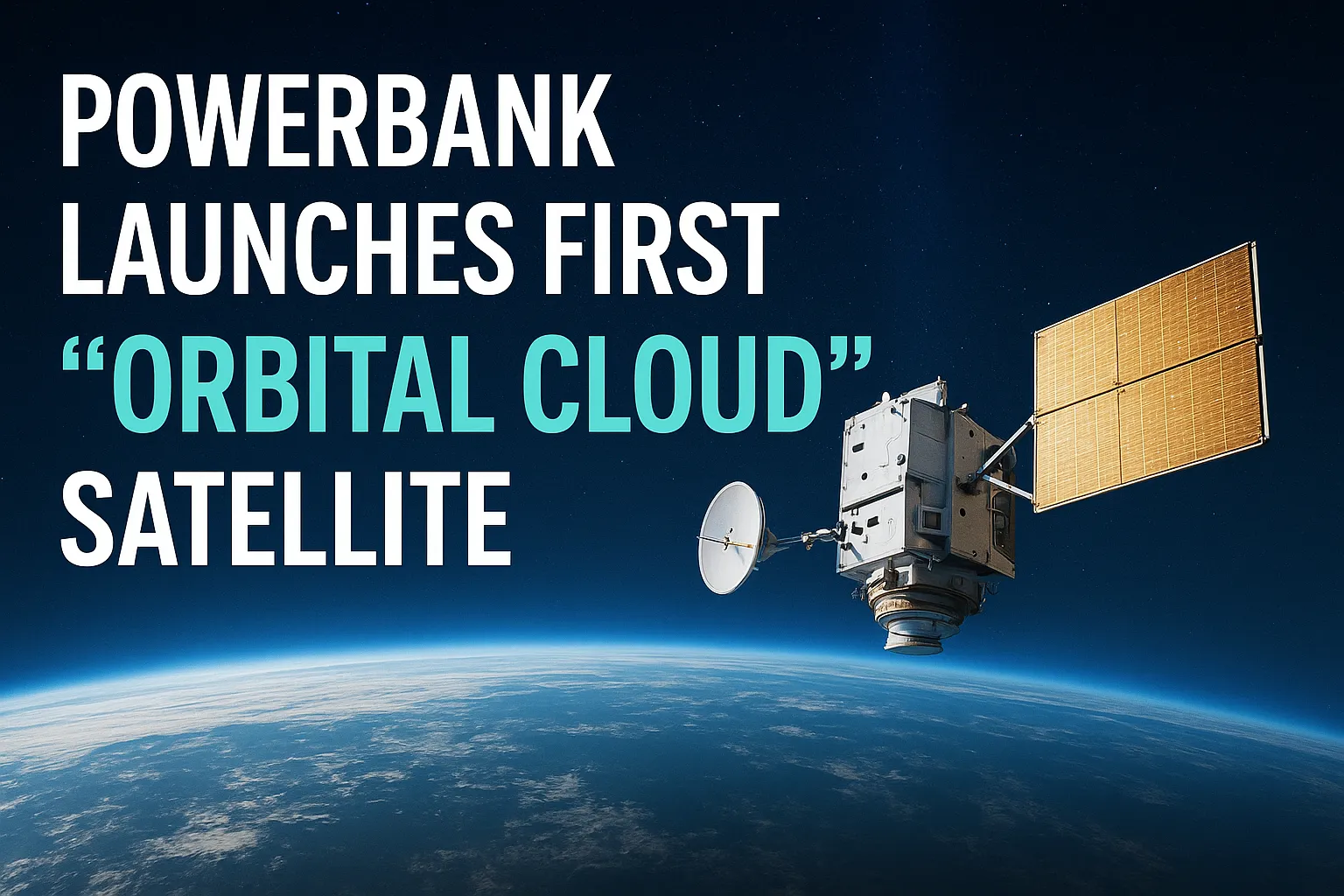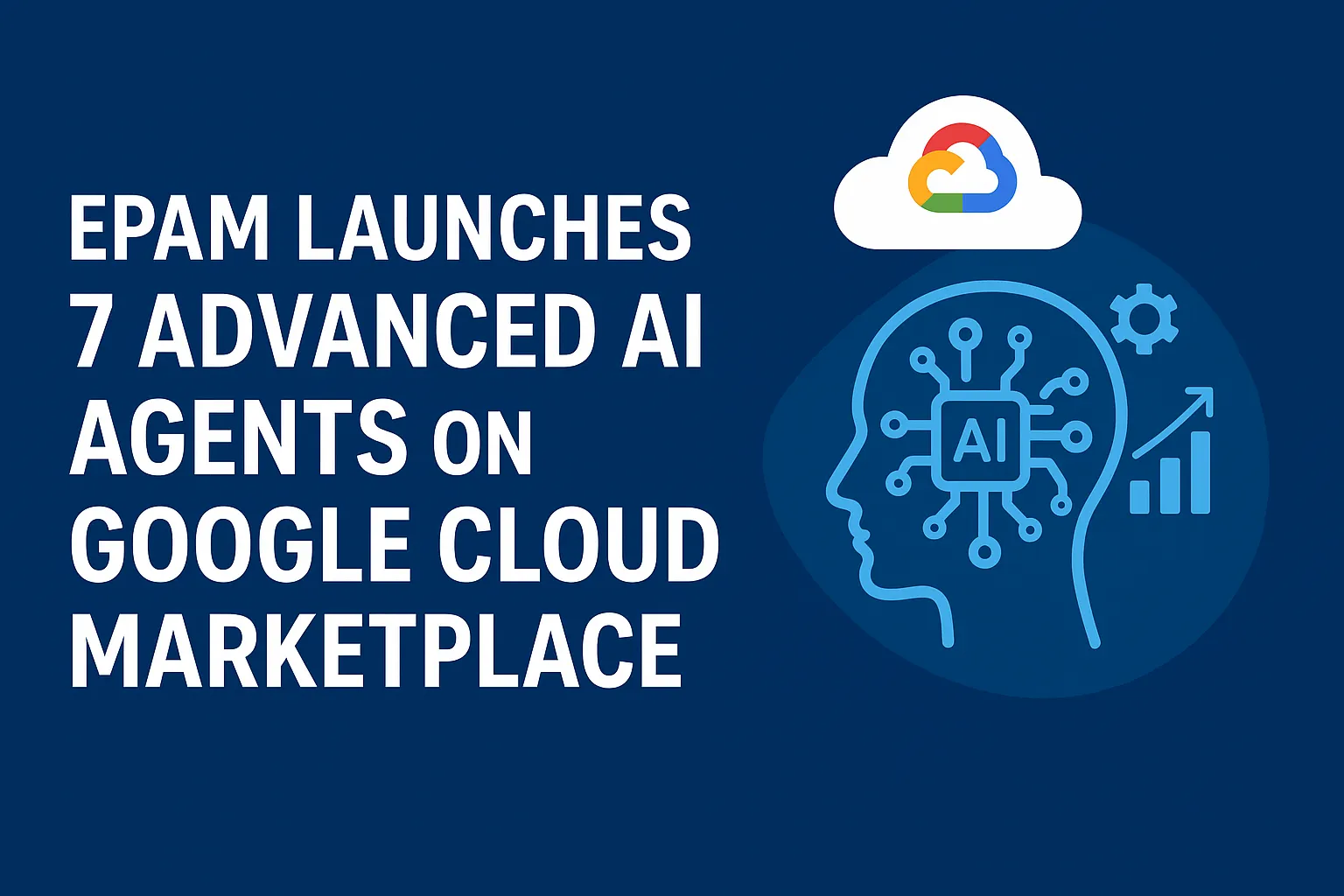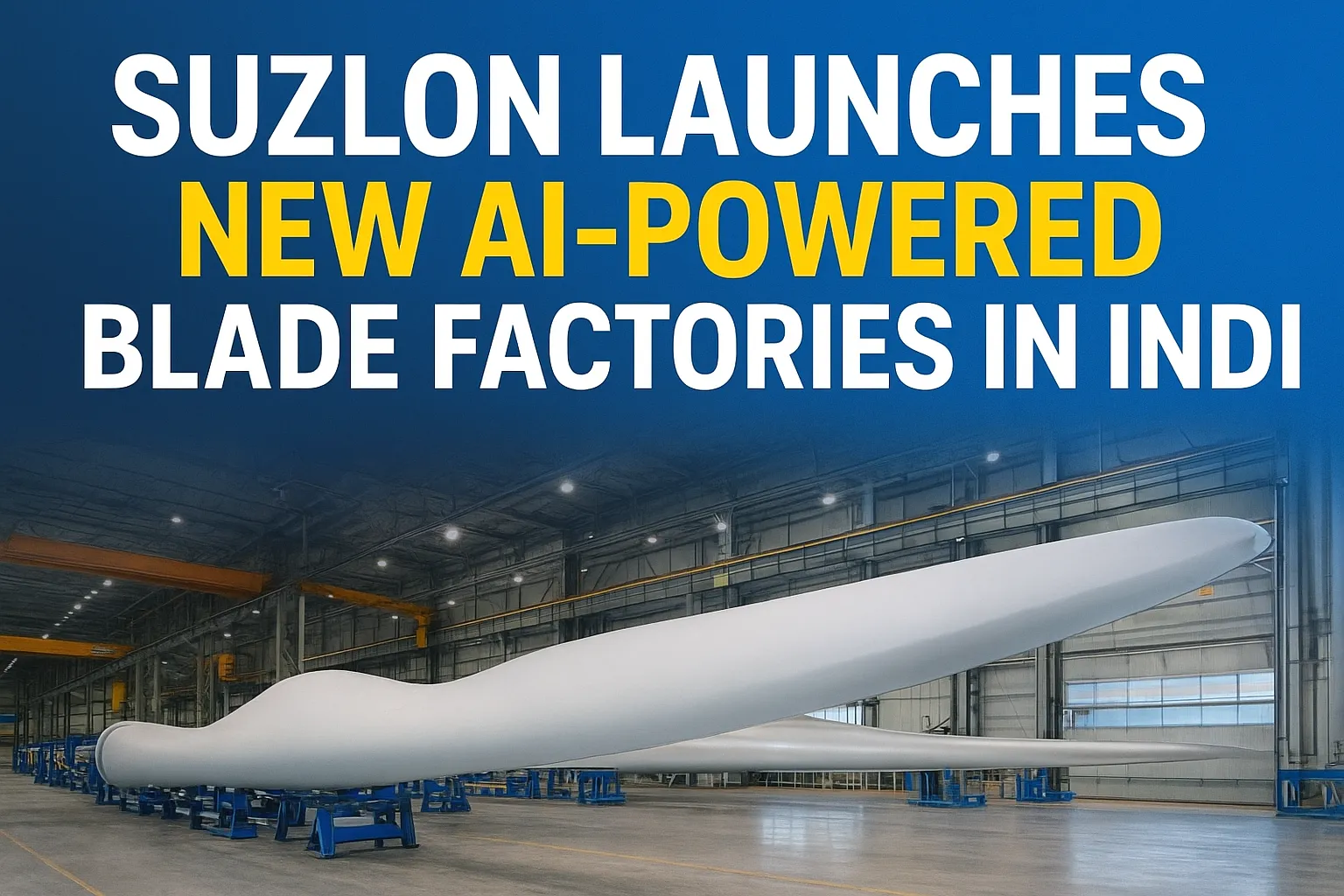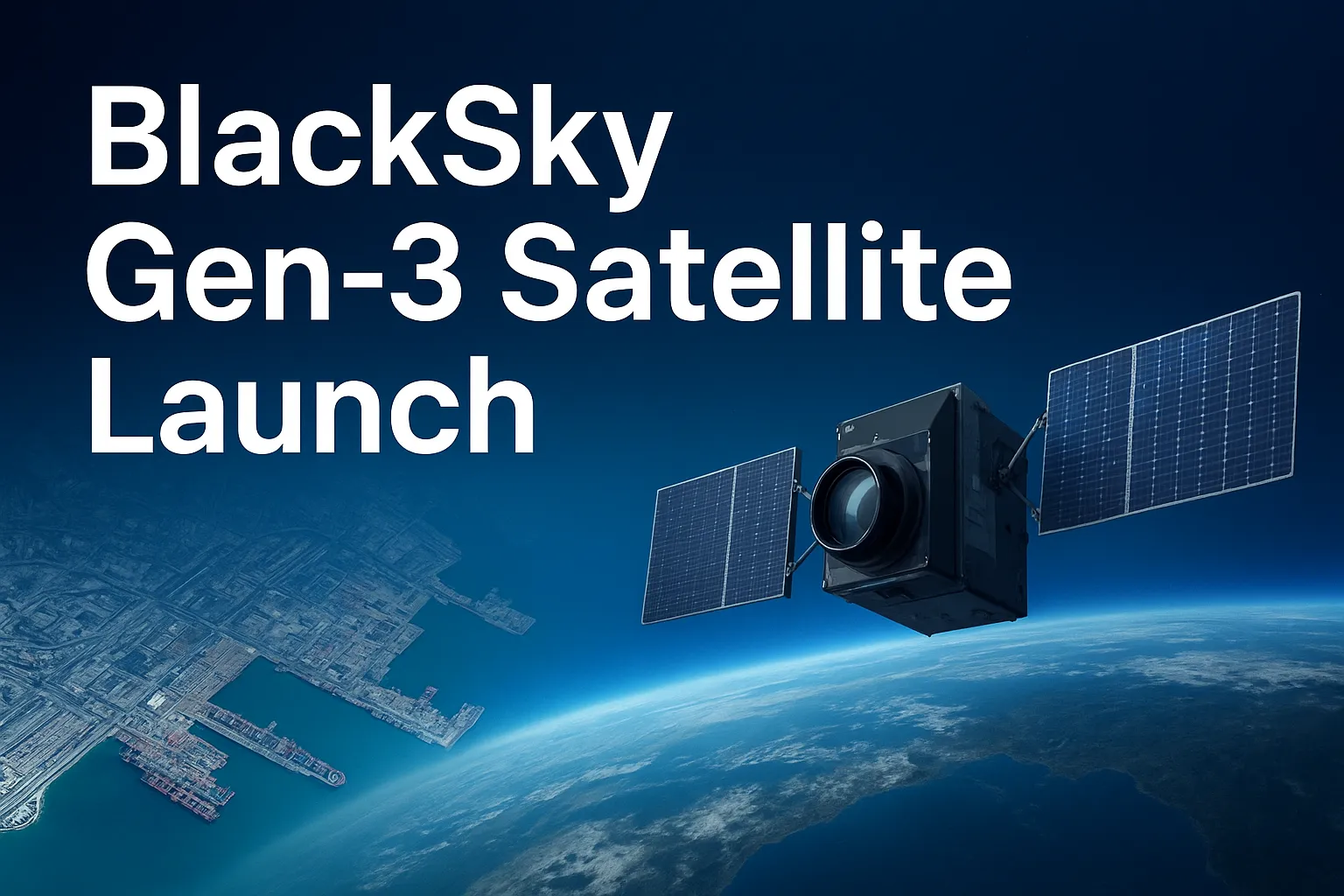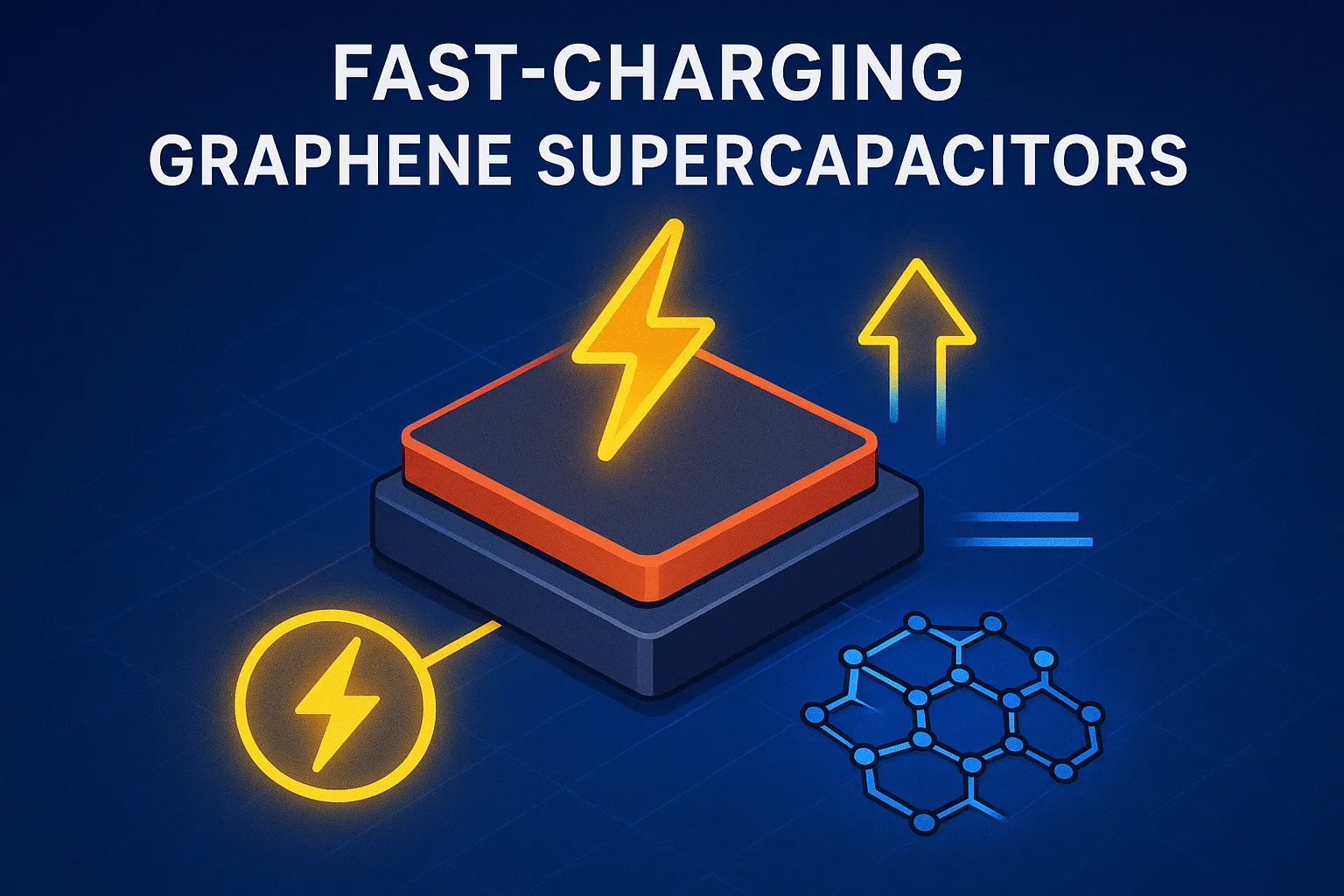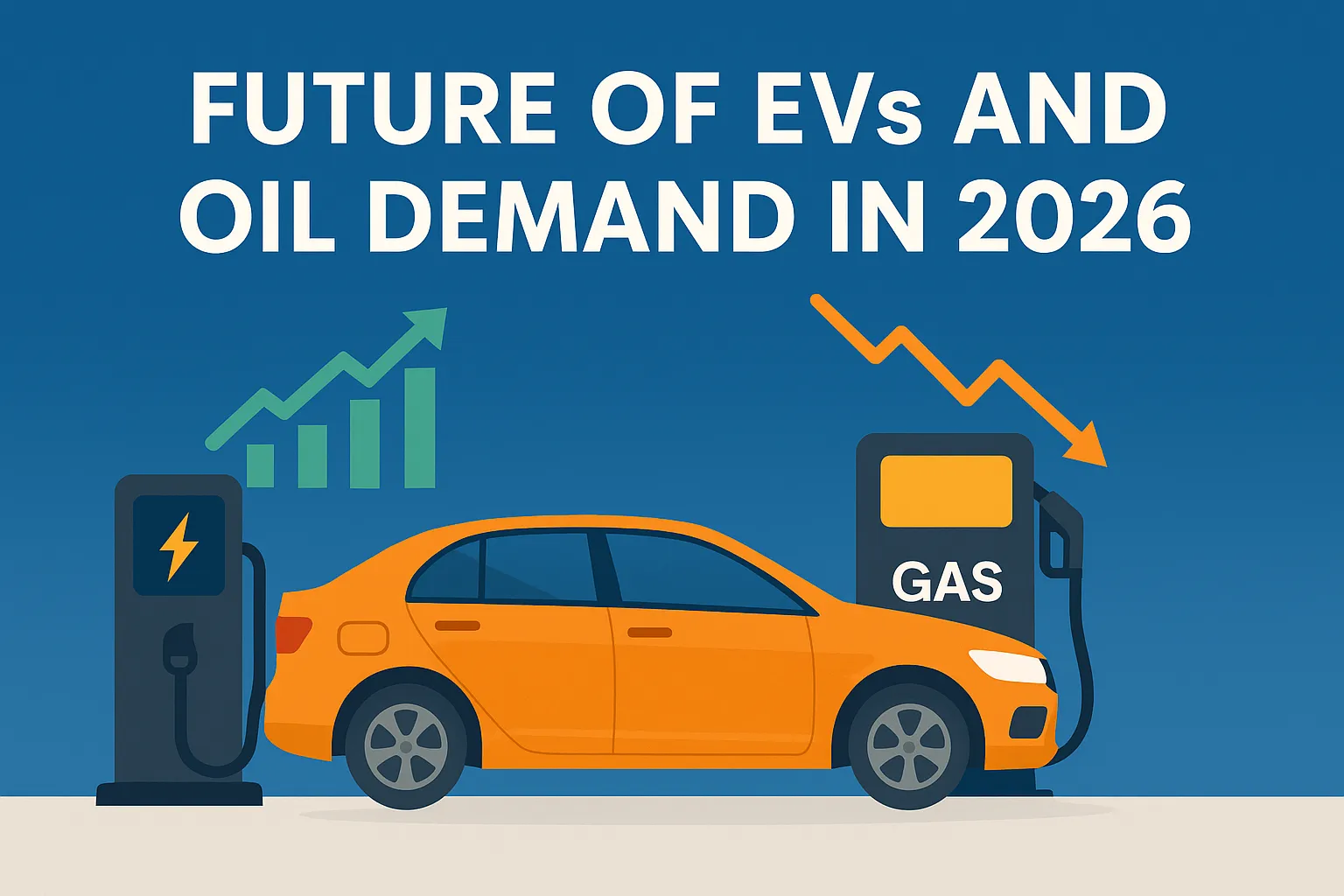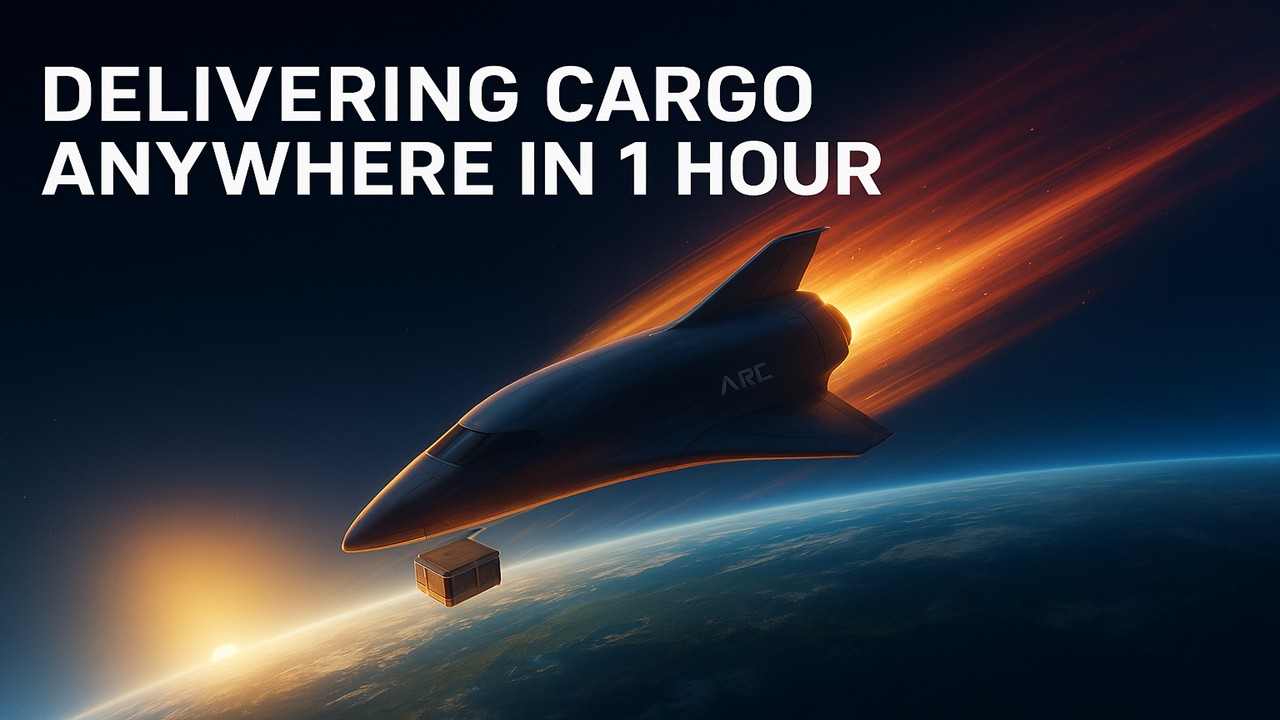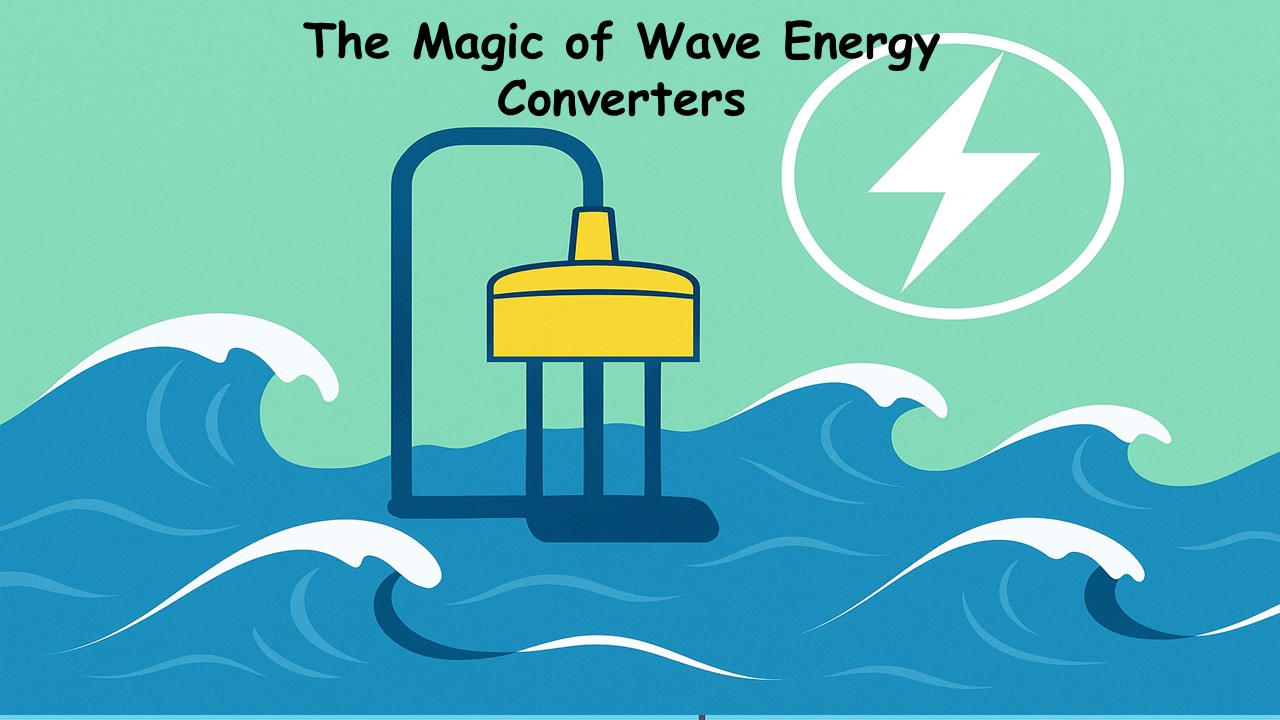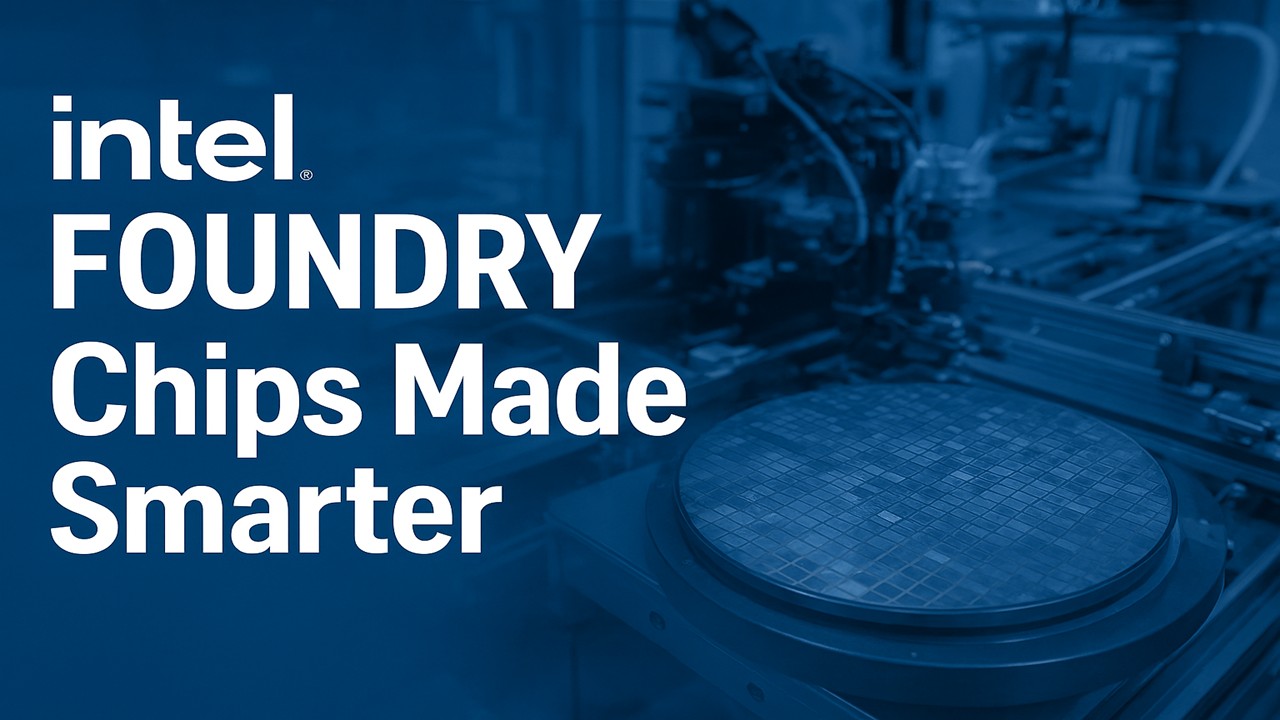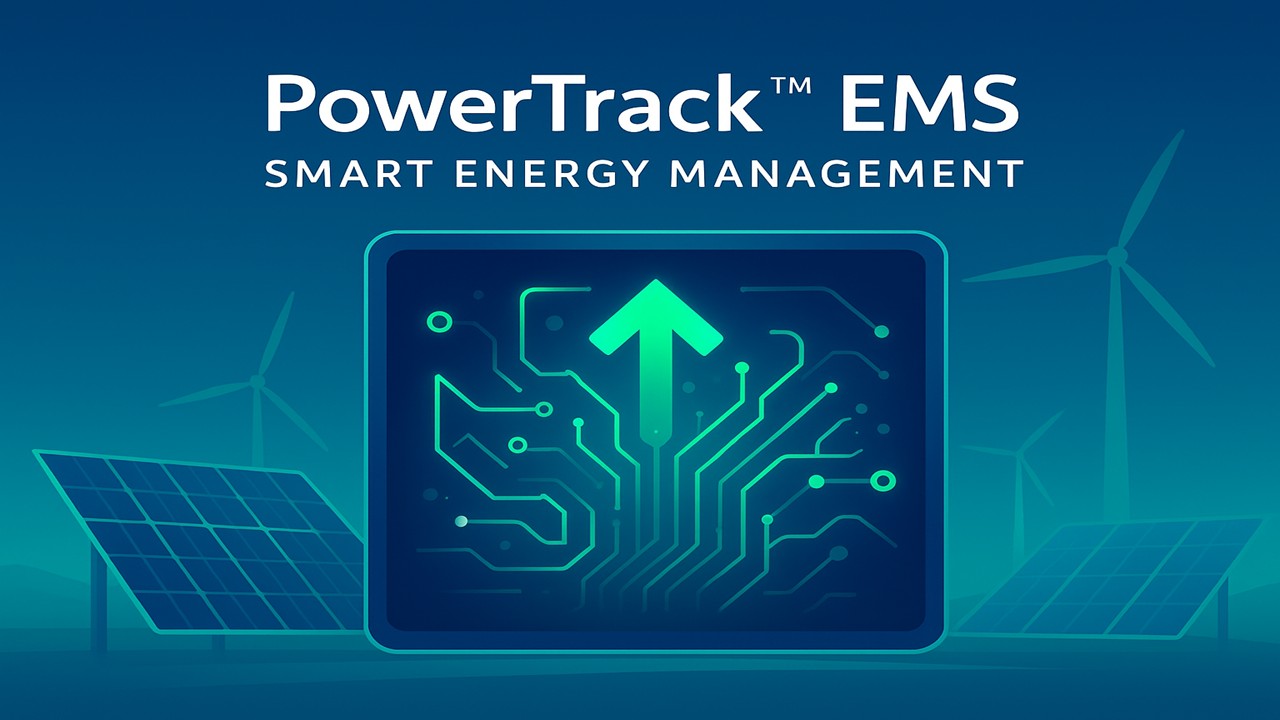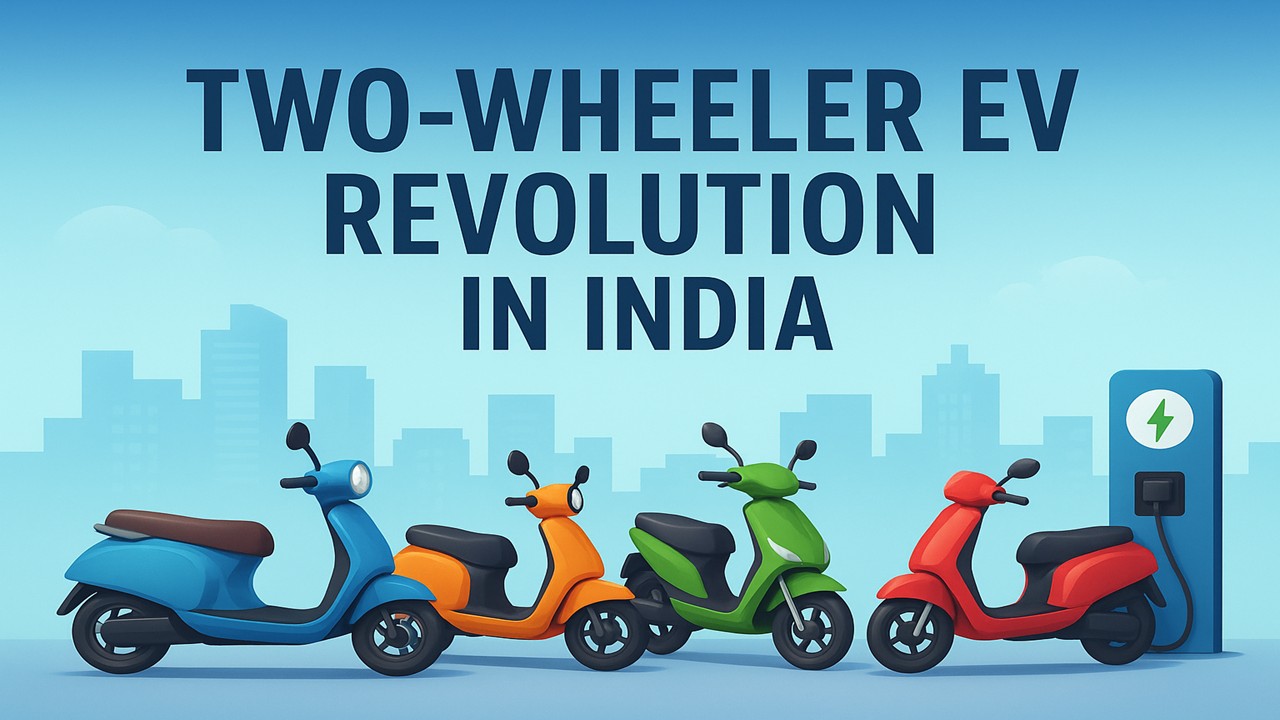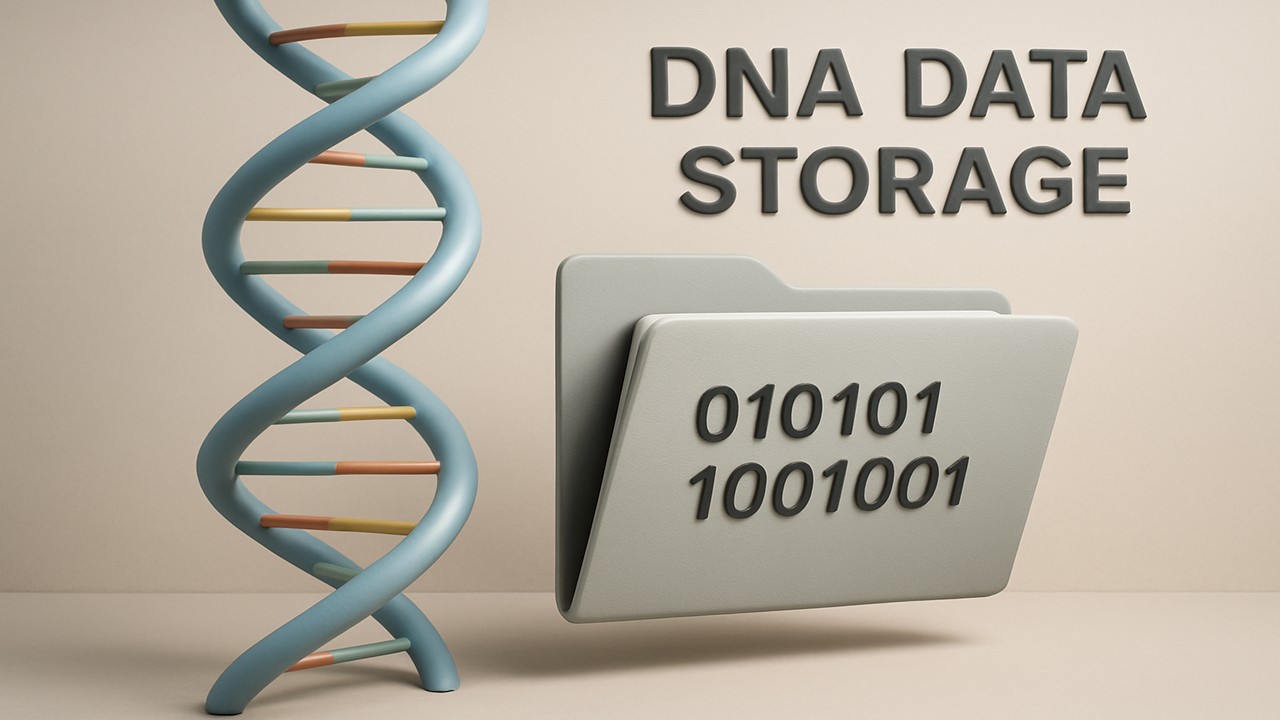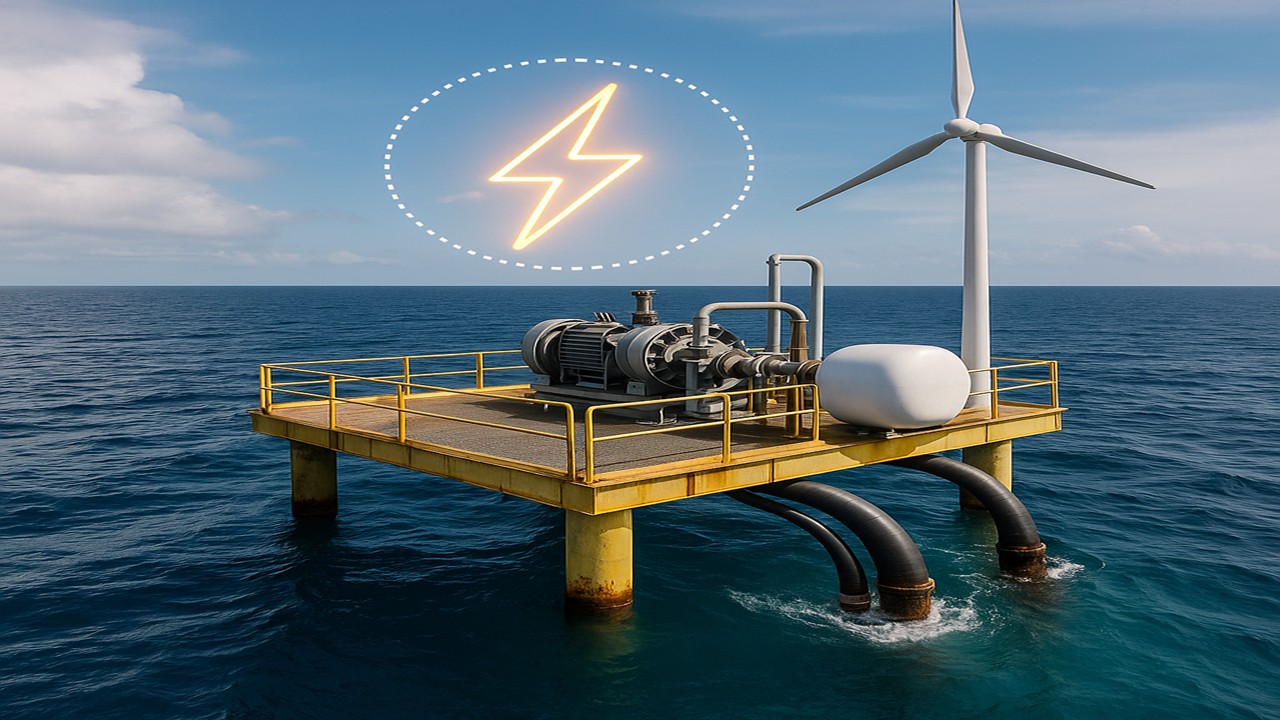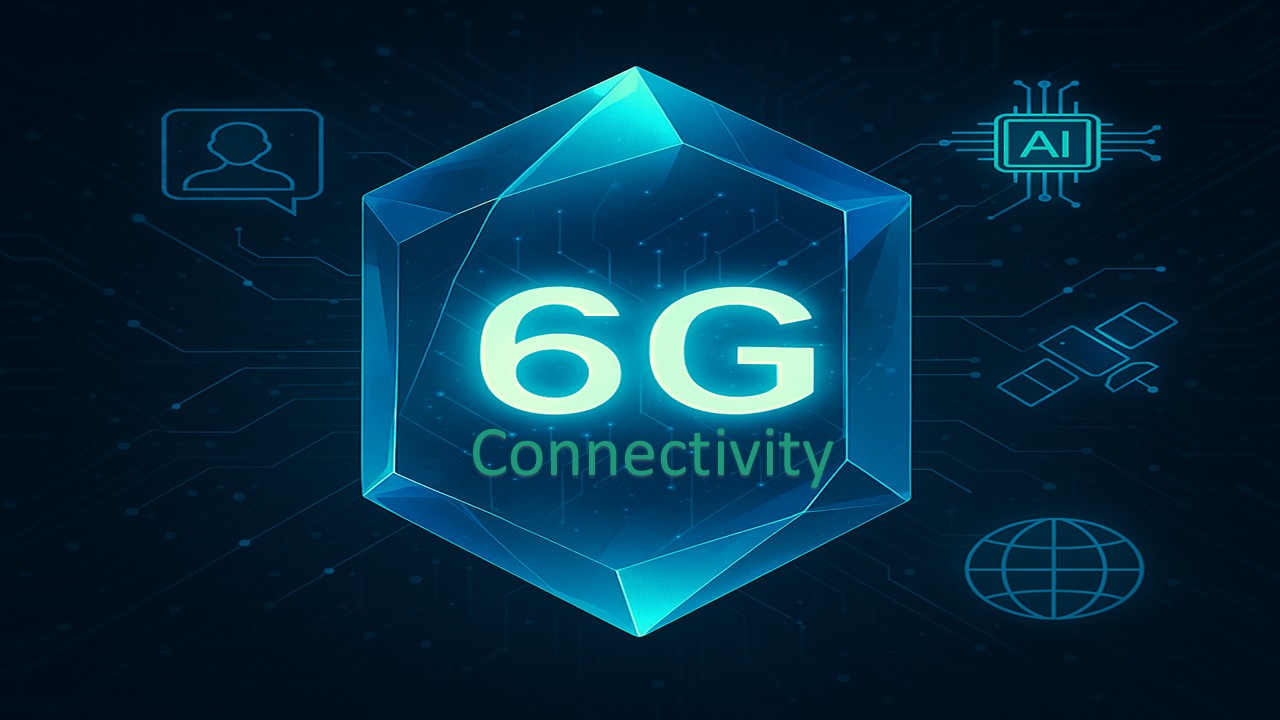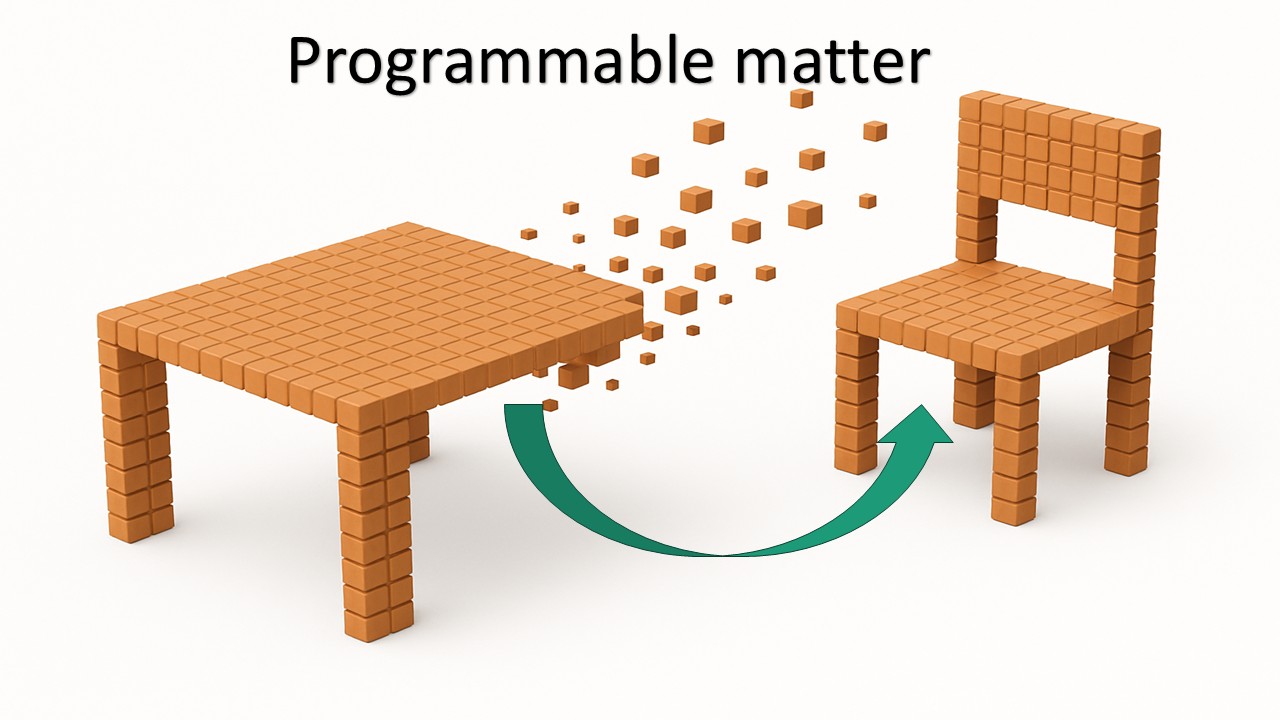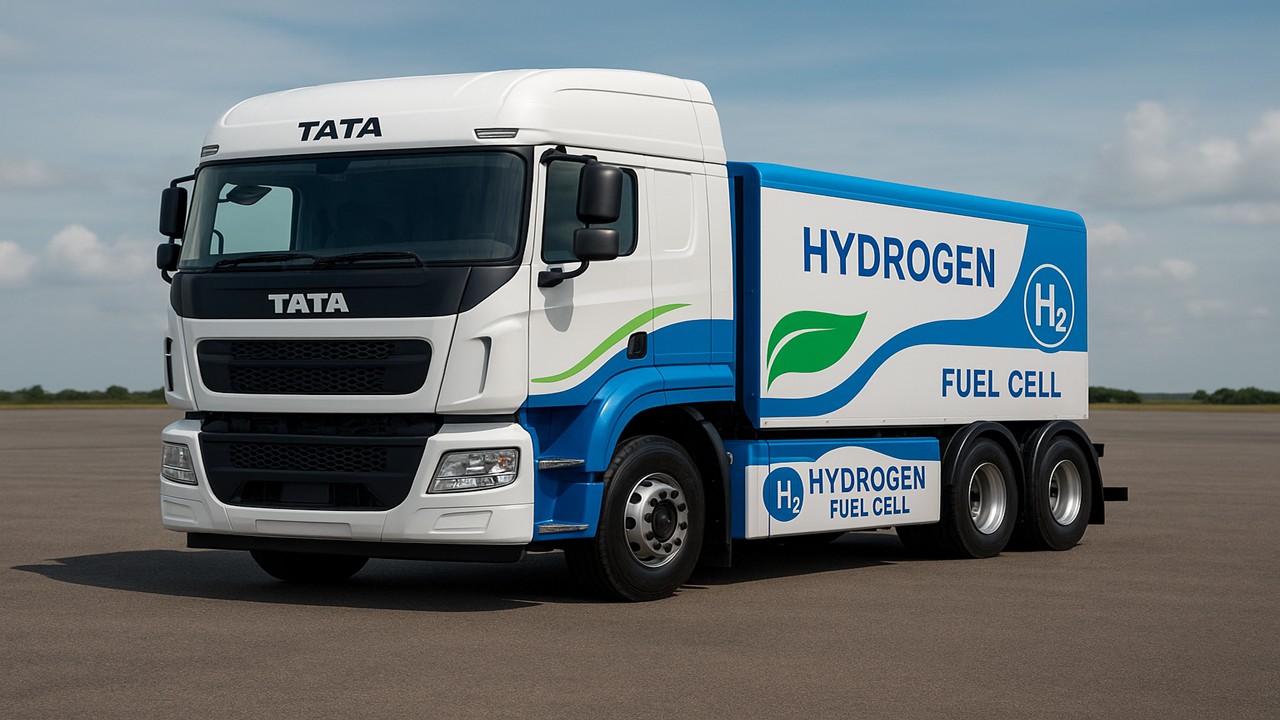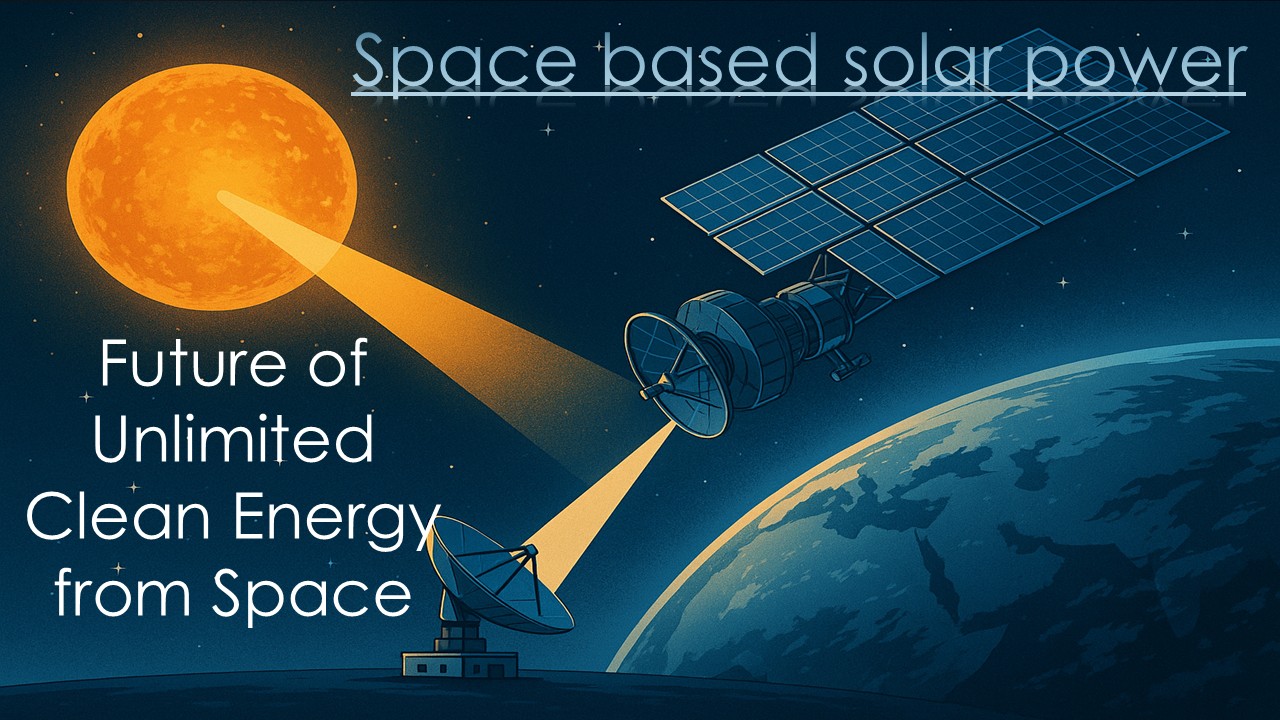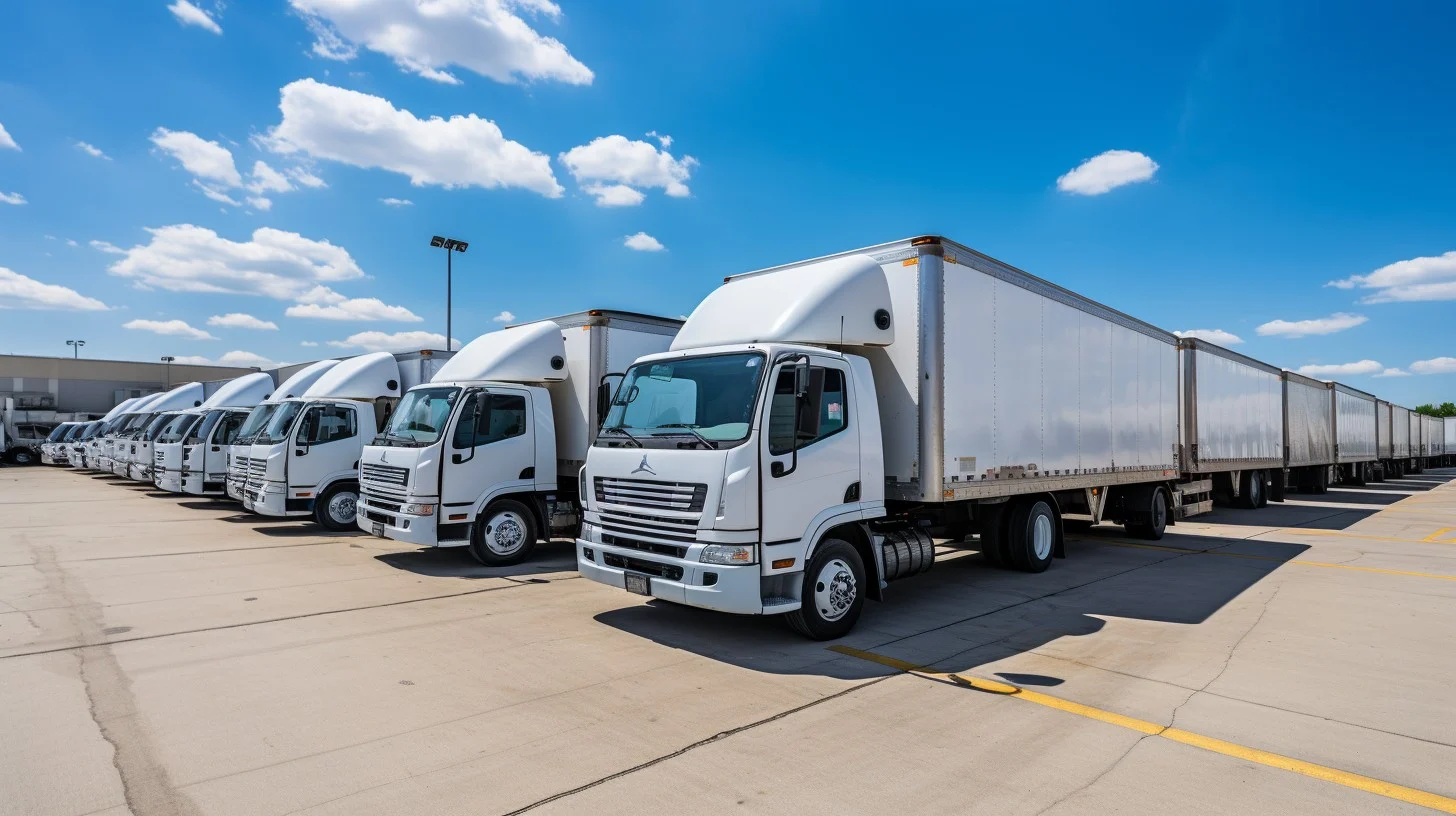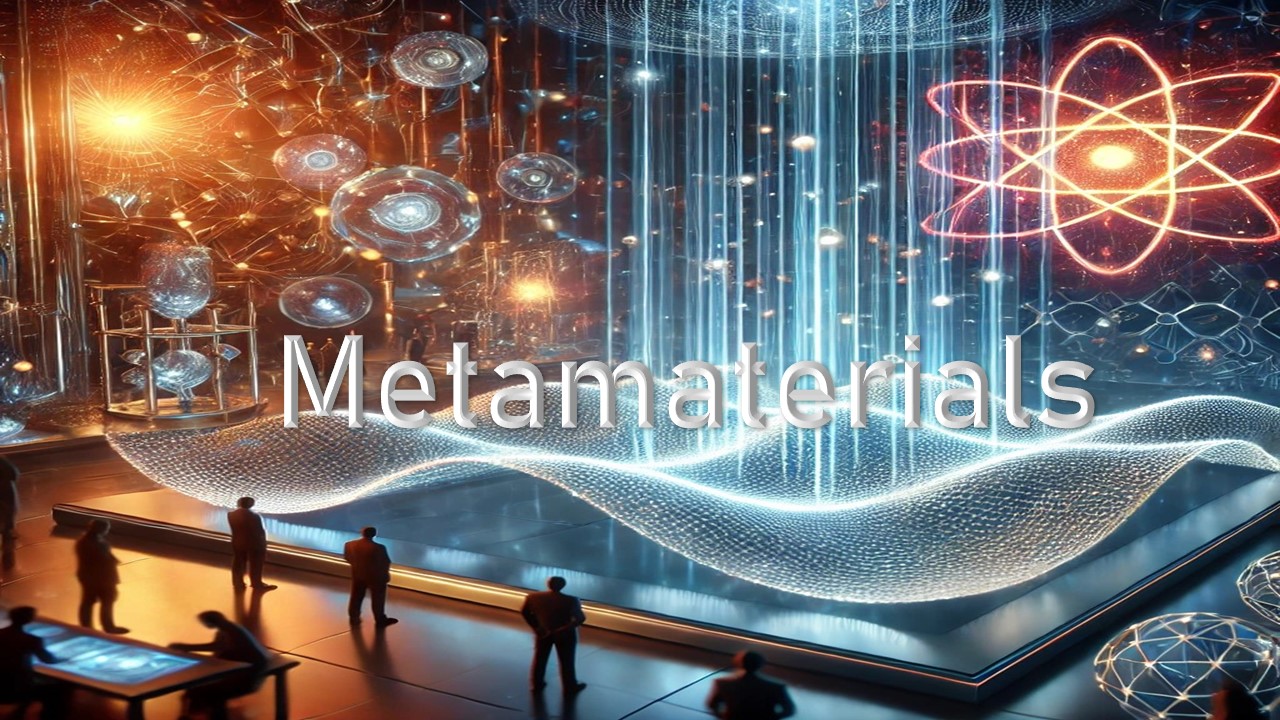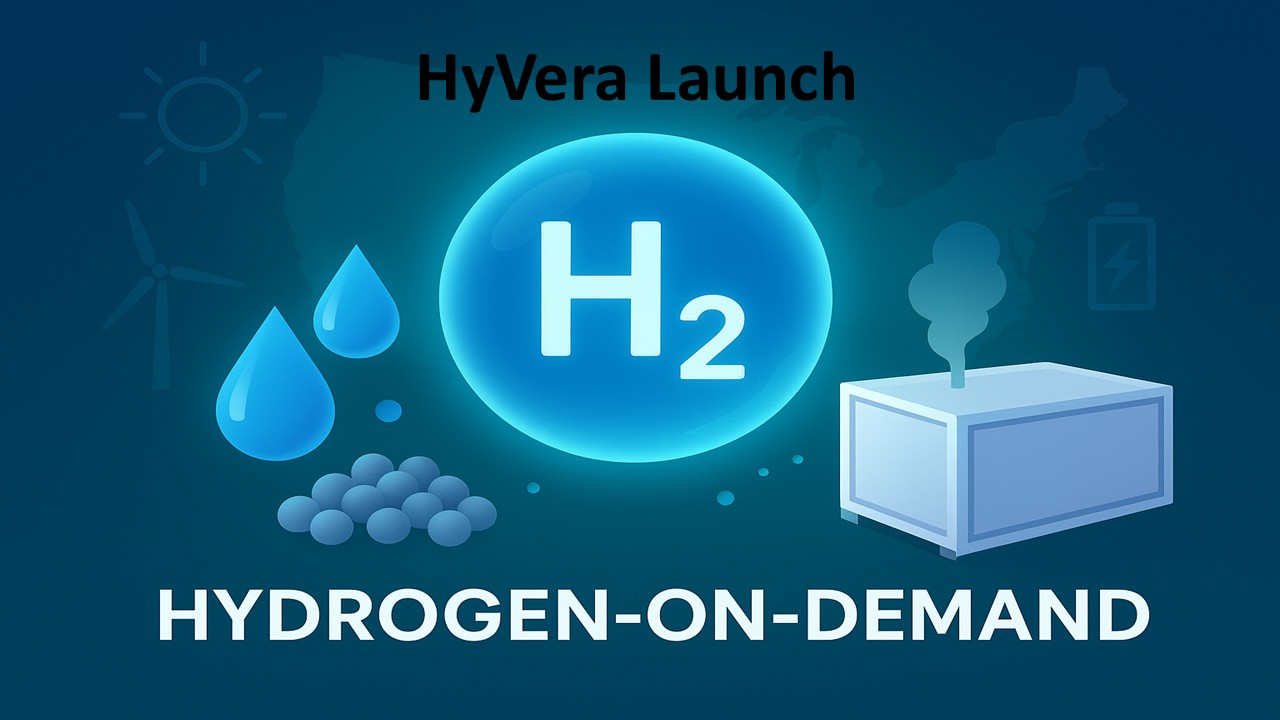
On September 24, 2025, HyVera Distributed Energy officially announced its entry into the U.S. market with the launch of its Hydrogen-on-Demand technology (H2oD). According to the company, its system uses eCat H2 dry pellets that, when mixed with water, generate ultra-pure hydrogen (99.999%) instantly — without the need for high pressure, electricity, or hazardous chemicals. This launch follows HyVera’s earlier rollout in Canada.
About the Company
HyVera Distributed Energy is a clean-tech manufacturer and a subsidiary of Novus Innovation Group. The company focuses on distributed hydrogen solutions, particularly targeting areas where pipelines or large hydrogen infrastructure are difficult or expensive to build. Its applications span remote communities, ports, maritime uses, and backup systems. Initially established in Canada, HyVera is now expanding to the U.S. with local operations.
The Technology Explained — Simple Terms
- The core of HyVera’s solution is the eCat H2 dry pellet, a solid, transportable pellet that safely stores hydrogen potential. When water is added, the pellet undergoes a chemical reaction and releases hydrogen gas with very high purity.
- Unlike traditional hydrogen production, this process doesn’t require compressors, cryogenic tanks, or high-energy electrolysis systems.
- HyVera offers modular Hydrogen Production Units (HPUs) that can scale from small portable devices to large industrial setups, generating hydrogen on-site, on demand.
Key Applications
- Ports & Maritime Use — Fuel for ships and port equipment.
- Backup Power & Microgrids — Replacement for diesel in remote communities or emergency systems.
- Industrial Processes — Supplying high-purity hydrogen needed in refining or electronics.
- Hydrogen Fueling Stations — Mobile or small hubs where pipelines are not available.
Advantages of HyVera’s Solution
- Reduced Infrastructure Costs: No need for massive pipelines or costly cryogenic tanks.
- Safer Transport & Storage: Dry pellets can be shipped like regular cargo, avoiding high-pressure risks.
- On-Site Production: Hydrogen is generated at the point of use, reducing storage loss and logistics.
- High Purity: Claimed 99.999% hydrogen purity, meeting strict industrial requirements.
Expansion Plans & Rollout
HyVera previously announced pellet production plants in Nova Scotia and British Columbia, with expansion into Ontario and the Prairies. For the U.S., new offices and facilities are being set up in Sacramento and Evansville to support local deployment and job creation.
Partnerships & Backing
HyVera’s pellet technology originates from EnviroGroup (U.S.), and the company operates under the backing of Novus Innovation Group. Reports also suggest that the U.S. Department of Defense has been involved in aspects of the technology’s development, indicating rigorous safety and regulatory testing.
Challenges Ahead
- Cost Competitiveness: While HyVera promises affordable hydrogen, clear data comparing cost per kilogram with electrolysis or SMR is still limited. Investors and buyers need transparent figures.
- Scaling & Supply Chain: Ensuring pellet manufacturing at scale, raw material availability, and distribution efficiency remains a major challenge.
- Regulatory & Safety Standards: Hydrogen safety certifications, shipping approvals for dry pellets, and compliance with regional standards will be crucial for market adoption.
Outcome
HyVera’s Hydrogen-on-Demand approach directly addresses one of the toughest challenges in the hydrogen economy — storage and distribution. By producing hydrogen locally and safely, without massive infrastructure, HyVera could become a game-changer for ports, microgrids, and remote industries. However, questions about true cost-effectiveness, production scalability, and regulatory acceptance remain. If the company can prove these factors, its technology could accelerate the hydrogen transition in the U.S. and beyond.
